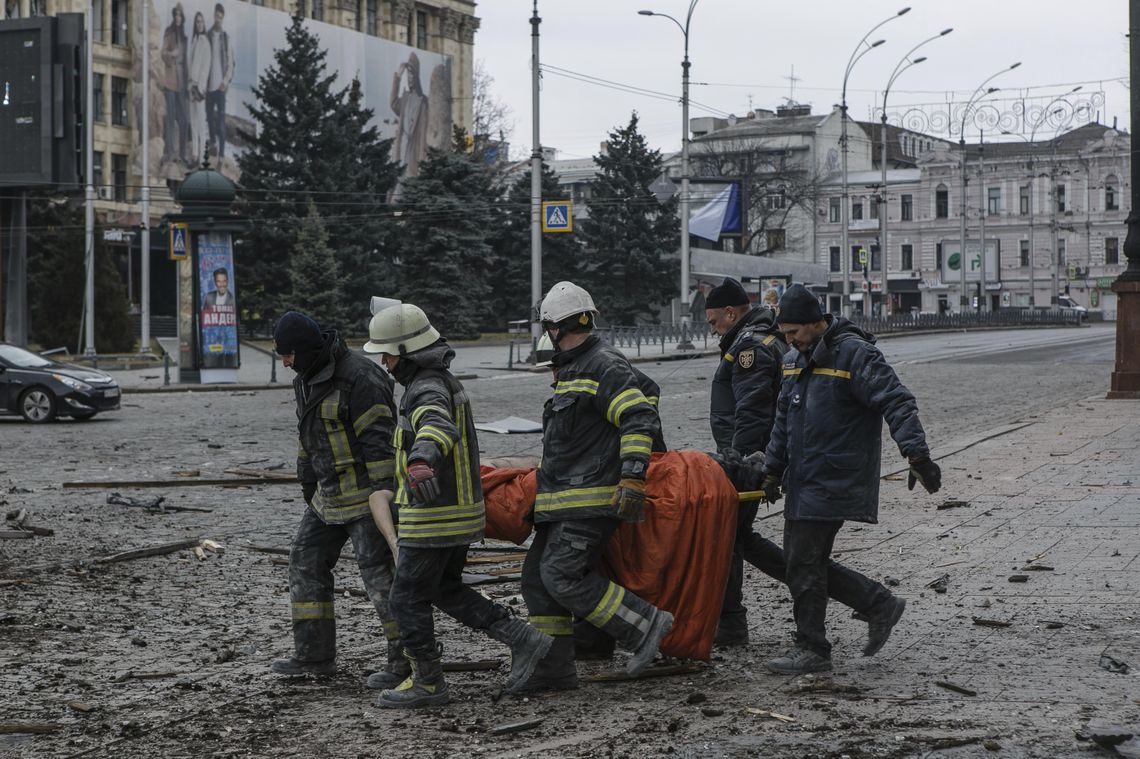The Texas Center for Public History, the Department of History and the Center for International Studies at Texas State University hosted a panel discussion on “Ukraine, Russia, the EU & the US in Crisis” as part of the History in the Making Series.
Dr. Louis Porter, Dr. Ellen Tillman, Dr. Louie Dean Valencia and Dr. Elizabeth Bishop held a discussion both online and in person regarding the Ukraine crisis.
Porter provided context in regards to the ongoing situation by expanding on the past and current relationship between Russia and Ukraine.
PLEASE LOG IN FOR PREMIUM CONTENT. Our website requires visitors to log in to view the best local news.
Not yet a subscriber? Subscribe today!








